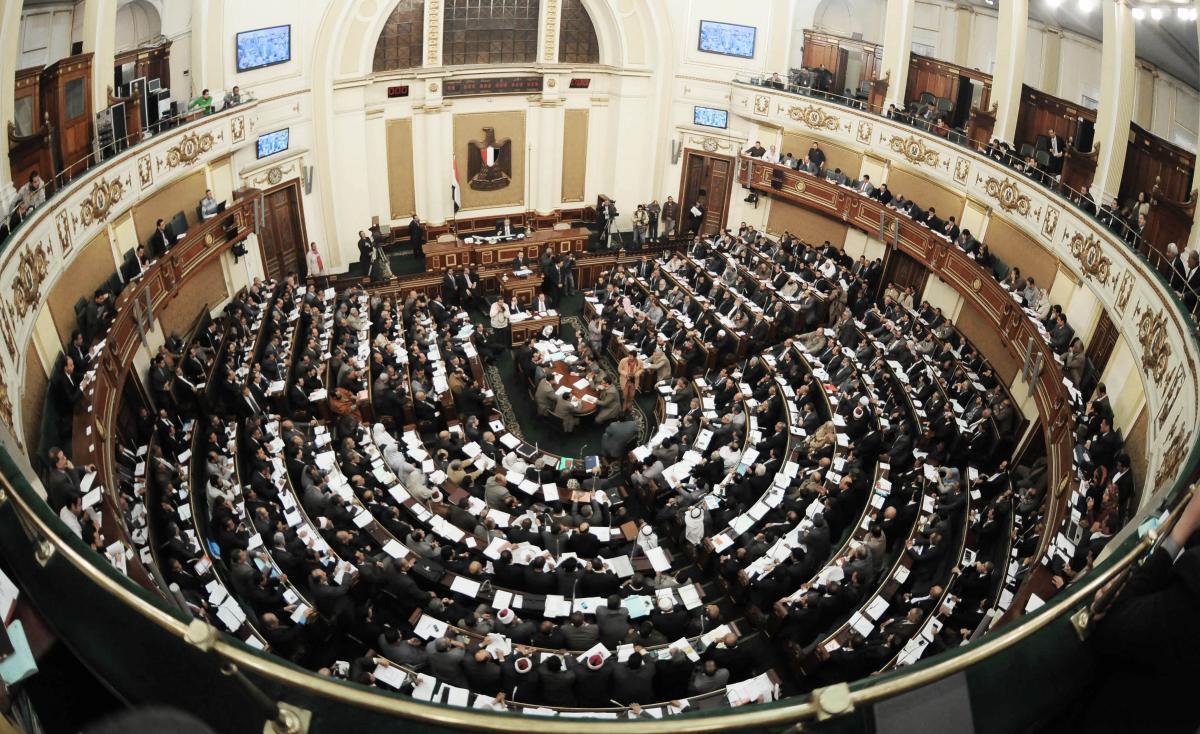Source: Bloomberg
Egypt’s parliament will meet on June 12 to elect a 100-member panel that will draft the country’s new constitution, after political groups overcame an impasse that clouded the push for democracy ahead of a presidential runoff.

The breakthrough, announced yesterday by Wafd Party head Sayed el-Badawi, offered a last-minute respite to the political groups after Egypt’s ruling military council on June 5 gave them 48 hours to reach an accord. The ruling generals said at the time that they would act unilaterally if the groups failed to agree on the framework of the committee.
Before the runoff ballot set to begin June 16, Field Marshal Mohamed Hussein Tantawi would call both houses of parliament to a joint session on June 12 to begin electing the committee, el-Badawi said. The impasse had increased the chances that a new president would be elected with no constitution in place and his powers yet to be determined.
The new panel would reflect a spectrum of Egyptian society, including religious organizations, professional syndicates, jurists, youth groups and women. It is aimed at averting objections that led to the disbanding of an earlier constitutional panel.
Christians, secularists and others said the earlier committee was dominated by the Muslim Brotherhood’s political arm, the Freedom and Justice Party, along with other Islamists who together hold the majority in parliament’s lower house.
The critics said the Brotherhood was seeking to dominate the constitution-writing process to strengthen its hold on power. The assertion gained resonance when the Freedom and Justice Party’s chief, Mohamed Mursi, secured one of the two spots in the runoff presidential race.
New Framework
Mursi is running against Ahmed Shafik, who served as ousted President Hosni Mubarak’s last premier. Shafik is opposed by youth activists and the Brotherhood, who say he’s a remnant of the regime against which Egyptians rebelled last year.
The new framework gives political parties represented in parliament 39 seats on the committee, el-Badawi told reporters after the groups met with the military council. The remaining 61 seats are set aside for individuals and institutions from groups including the Coptic Church, legal scholars and professors. The military, the police and the justice ministry would each have one seat.
The agreement reflected efforts to advance the political process and secure some stability ahead of a June 14 hearing in which the constitutional court will hear two cases that could further complicate Egypt’s winding road to democracy.
The court is to begin evaluating a law that would bar some former top officials who served under Mubarak in his last decade in power from holding top posts, including the presidency. Youth activists are trying to have Shafik pushed from the presidential race under that legislation.
In addition, the court will look at the law that regulated the parliamentary elections. If the court rules against the law, parliament could be disbanded.
